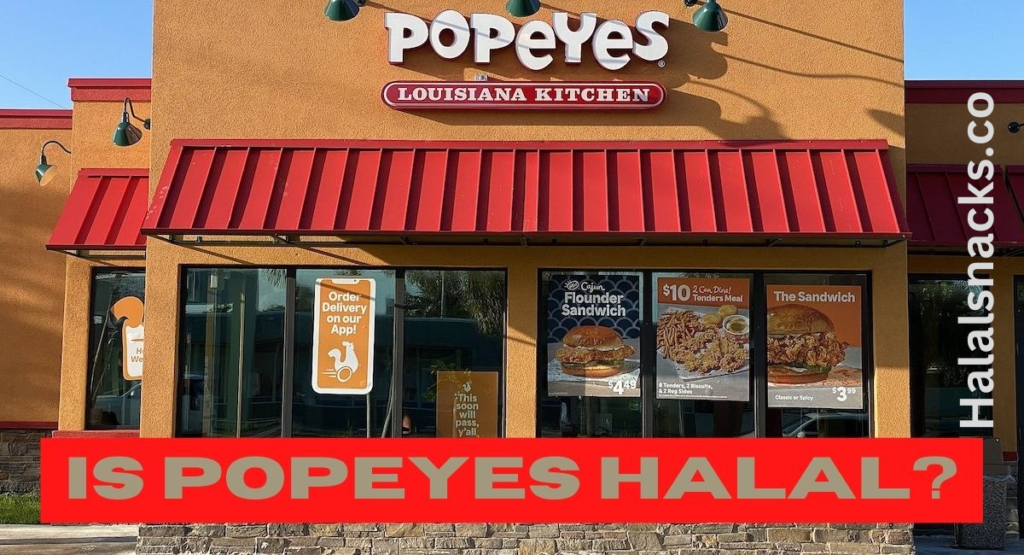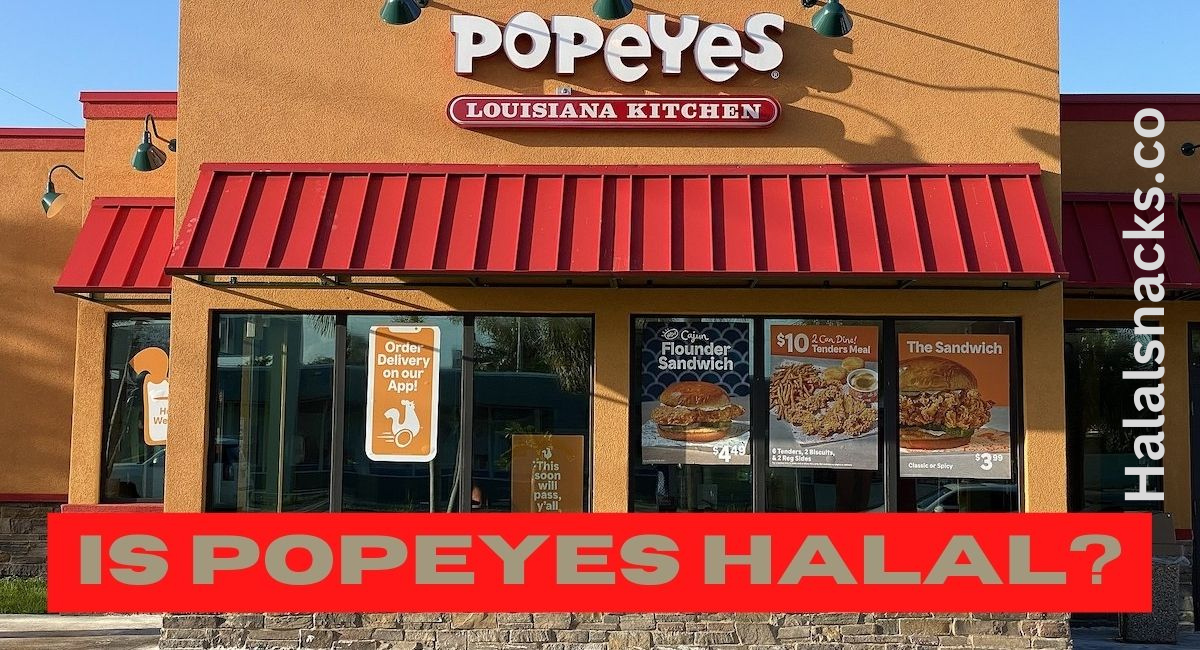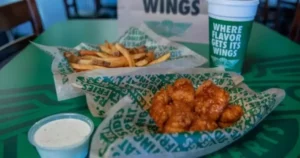Popeyes, a popular fast-food chain known for its delicious fried chicken, has been the subject of controversy regarding its halal status in the United States. This article aims to shed light on the issue and clarify the use of non-halal beef tallow in their frying oil, affecting all fried items across their restaurants.
1. Understanding Halal Certification
Halal refers to the permissible and lawful according to Islamic dietary guidelines. For a food establishment to be considered halal, it must adhere to specific practices and use ingredients that comply with Islamic principles. This includes ensuring that the meat is prepared and processed in a manner consistent with halal guidelines and does not contain any non-halal substances.
2. Popeyes and the Beef Tallow Controversy
In April 17, 2023, reports surfaced claiming that Popeyes was not halal in any of its US locations due to the usage of non-halal beef tallow in their frying oil. Beef tallow, derived from beef fat, is commonly used in the fast-food industry to fry food items, as it provides a rich and distinctive flavor. However, its non-halal nature makes it a point of concern for Muslim consumers.

3. The Impact on Muslim Consumers
For devout Muslims, adhering to halal dietary guidelines is of utmost importance. When a restaurant claims to be halal but uses non-halal ingredients, it raises ethical and religious concerns for Muslim consumers. The controversy surrounding Popeyes’ use of non-halal beef tallow has led to disappointment and frustration among the Muslim community.
4. Popeyes’ Response
In response to the controversy, Popeyes issued a statement acknowledging the use of beef tallow in their frying oil. However, they maintained that they do not claim to be a halal-certified establishment. They clarified that their menu does not consist of halal-certified items, and as such, they do not market themselves as a halal restaurant.
5. The Legal Perspective
From a legal standpoint, Popeyes’ position is somewhat protected. As they do not advertise themselves as a halal-certified restaurant, they are not legally bound to adhere to halal dietary guidelines. Nonetheless, the controversy has brought to light the importance of transparency and accurate representation in the food industry.
6. Seeking Alternatives
In light of the controversy, some Muslim consumers have chosen to seek alternative dining options that are officially halal-certified. They prefer establishments that explicitly follow the Islamic dietary guidelines to ensure their food choices align with their religious beliefs.
7. Misinformation and its Impact
The controversy surrounding Popeyes also highlights the role of misinformation in shaping public perception. Social media and online platforms can sometimes propagate inaccurate claims, leading to confusion and misinformation among consumers.
8. The Importance of Halal Certification
For businesses seeking to cater to diverse customer bases, obtaining halal certification can be beneficial. It not only expands their market reach but also demonstrates their commitment to accommodating the needs of different religious communities.
9. The Challenges of Supply Chain
Another aspect that needs consideration is the complexity of the supply chain. Fast-food chains often source their ingredients from various suppliers, making it challenging to verify the halal status of each component.

10. Promoting Transparency
To address such controversies in the future, there is a need for increased transparency in the food industry. Restaurants and food chains should provide clear information about the ingredients used in their products, giving consumers the confidence to make informed choices.
11. Conclusion
In conclusion, Popeyes is not halal in any and all US locations due to the usage of non-halal beef tallow in their frying oil. While the controversy has sparked debates and discussions, it serves as a reminder of the significance of transparency, accurate labeling, and ethical practices in the food industry. As consumers, being aware of the choices we make empowers us to support businesses that align with our values and beliefs.
FAQs (Frequently Asked Questions)
1. Is Popeyes halal in any of its US locations? No, Popeyes is not halal in any of its US locations due to the use of non-halal beef tallow in their frying oil.
2. Does Popeyes have any halal-certified menu items? No, Popeyes does not have any halal-certified menu items at any of its locations.
3. Are there any alternative halal-certified fast-food options? Yes, there are several fast-food establishments that offer halal-certified menu items for Muslim consumers.
4. Can Muslim consumers trust non-halal food claims? Muslim consumers should exercise caution and seek official halal certification when choosing food options to ensure compliance with Islamic dietary guidelines.
5. How can restaurants promote transparency about their ingredients? Restaurants can promote transparency by providing clear and accurate information about the ingredients used in their food items, especially regarding halal status.










